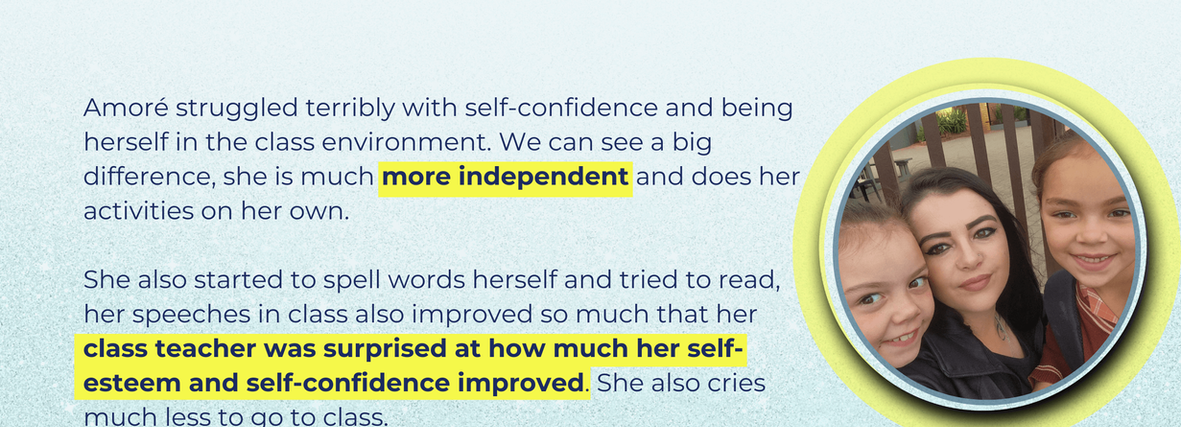What Are Executive Function Skills and Why Do They Matter?
First of all it is important to understand that you are NOT BORN with Executive Function Skills. The good news is that executive function skills can be developed and improved.
When a child struggles with executive function skills, it can feel like everything is an uphill battle. Completing homework, staying on task, or even getting ready for school can be overwhelming.
Think of executive function skills as the “how” behind getting things done. It’s not just about understanding a task, but knowing how to break it down, manage distractions, and stay focused until it’s completed.

At Biolink we specialise
In helping children develop and strengthen their Executive Function skills.
Using research-backed programs, we provide personalised brain training that targets the areas where your child needs the most support.
Strengthening these skills helps children:
Stay organised and on top of tasks like homework and school projects.
Manage their time better, knowing how long things will take and staying on track
Handle challenges, impulsivity and frustrations more easily by learning emotional regulation strategies.
Become more independent in starting and finishing tasks without constant reminders or help.

Why Neurodivergent Children Struggle with Executive Function Skills
Neurodivergent children, including those with ADHD, autism, dyslexia, and other learning differences, often experience significant challenges with executive function skills. Here’s why:
-
Difficulty with Attention and Focus: Many neurodivergent children find it hard to maintain focus, especially on tasks that are not stimulating or that feel too long. This makes it difficult to start and finish tasks efficiently.
-
Challenges with Impulse Control: Children with ADHD, for example, may act on impulse, finding it hard to think through the consequences before acting. This can make it challenging to pause and consider the steps involved in completing tasks.
-
Time Blindness: Many neurodivergent children struggle with understanding time — how long tasks will take or how much time is left. This makes managing time, deadlines, or following routines tough.
-
Poor Working Memory: Holding and using information at the same time is essential for tasks like following directions or completing assignments. Neurodivergent children may forget what they were supposed to do halfway through, leading to incomplete tasks or confusion.
-
Emotional Regulation Struggles: Changes in routine or unexpected challenges can feel overwhelming for neurodivergent children, leading to emotional outbursts, anxiety, or frustration. When emotions take over, it becomes harder to stay focused and follow through with plans.
-
Difficulty with Transitions: Executive function skills help us switch between tasks and adapt to changes. Neurodivergent children often struggle with flexibility, making it hard for them to transition from one activity to another or cope with unexpected changes.
We get a lot of FANMAIL













